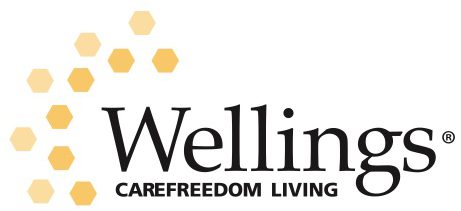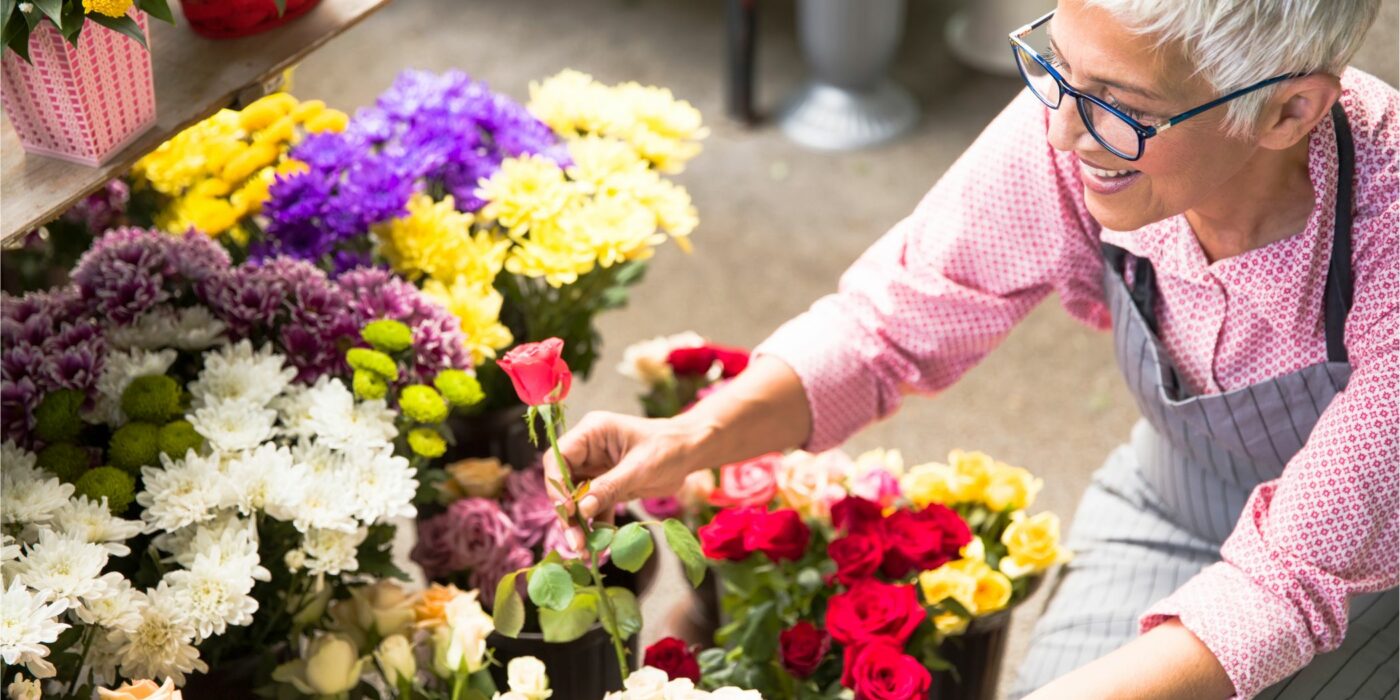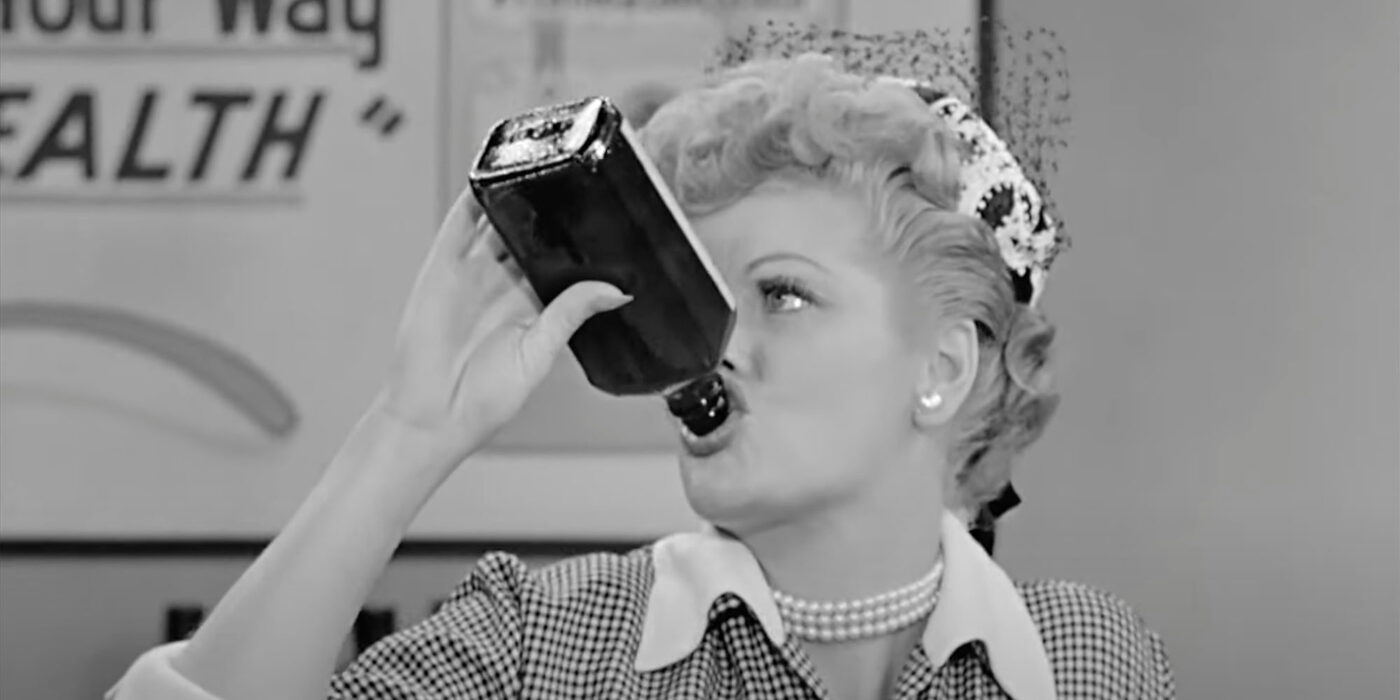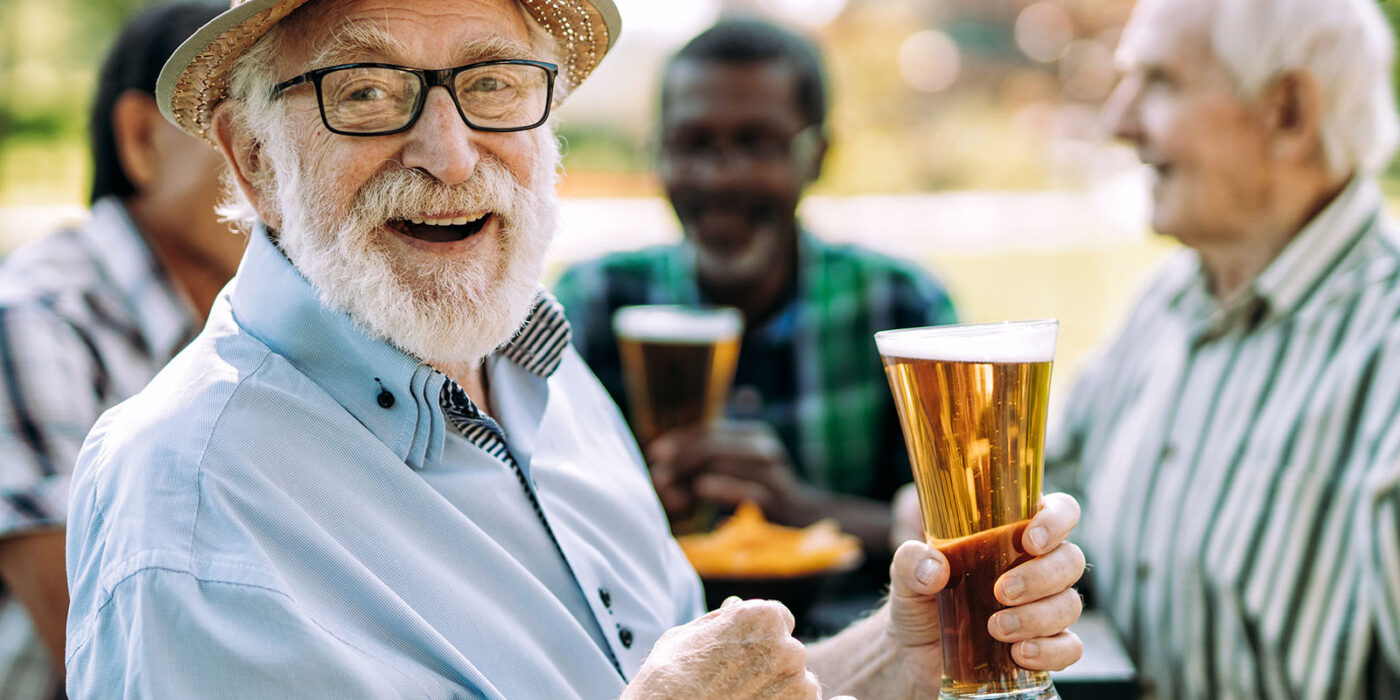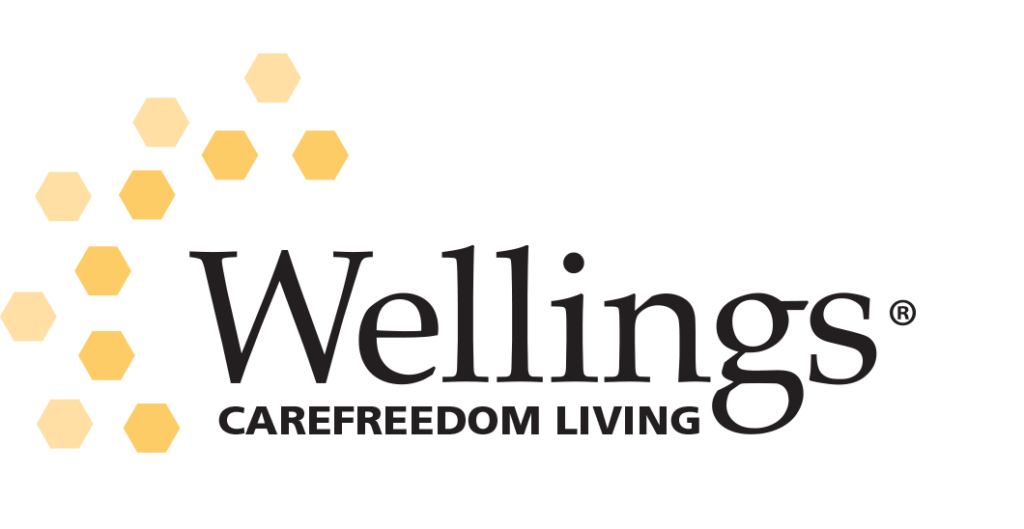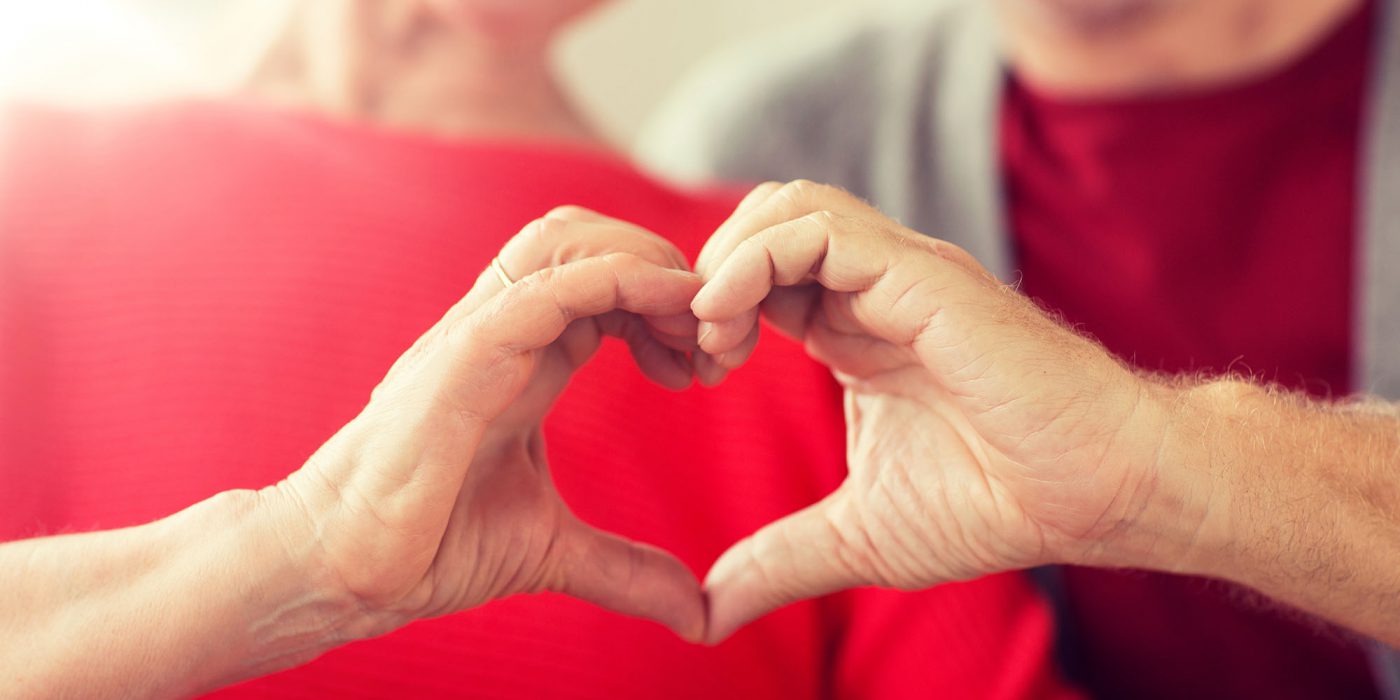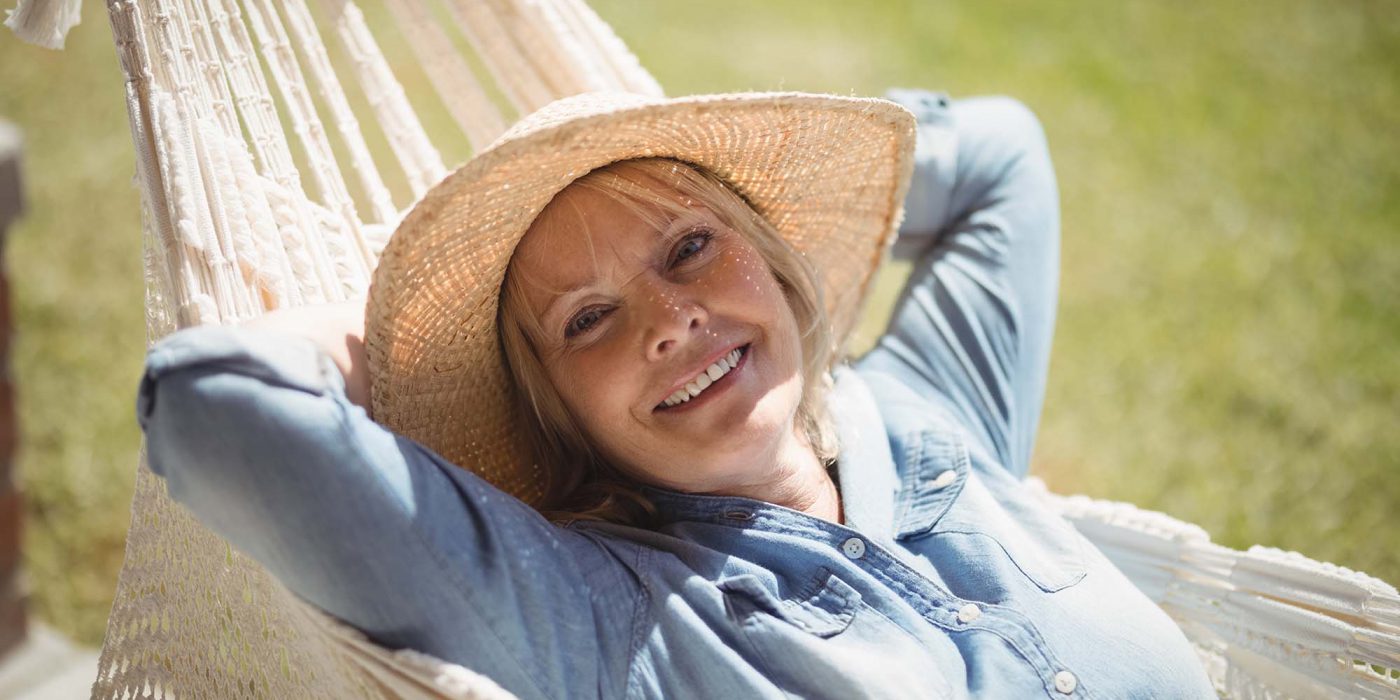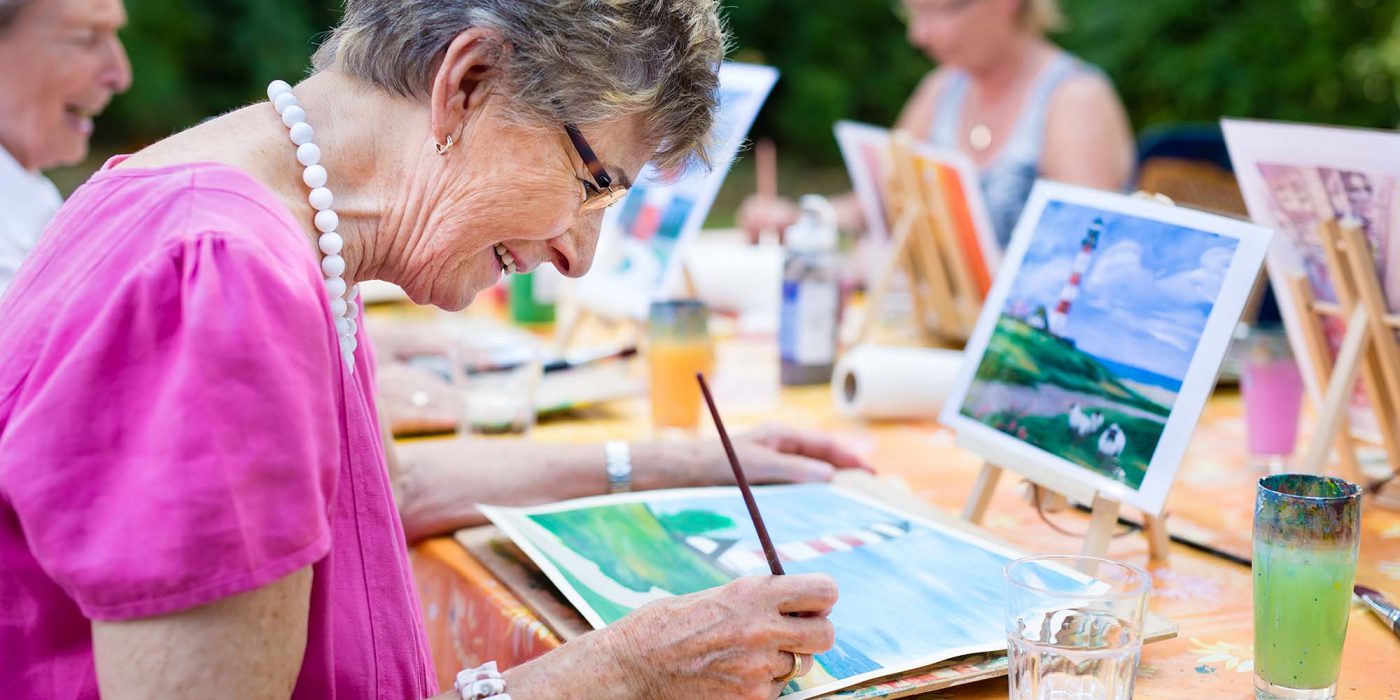The Optimal Hobby Guide: 50 Engaging Hobbies
Now is a fantastic opportunity to embrace those interests that you’ve always wanted to pursue. Whether you’re looking to discover fresh hobbies or rekindle past passions, this ultimate list of 50 hobbies is a perfect place to start:
- Gardening: A wonderful hobby that is both relaxing and rewarding. It’s a great way to spend time outdoors, grow your own fruits and vegetables, or cultivate beautiful flowers.
- Bird Watching: All you need is a good pair of binoculars and a bird guide to start appreciating the diverse avian life around you.
- Painting: Whether it’s watercolors, oils, or acrylics, painting can be a relaxing and creative outlet. Many community centers offer classes for beginners.
- Photography: With the advent of digital cameras and smartphones, photography has never been more accessible. It’s a great way to capture memories and the beauty around you.
- Yoga: Yoga is excellent for both the mind and body. It helps with flexibility, balance, and mental clarity.
- Cooking or Baking: Exploring new recipes or baking sweet treats can be a fun and delicious pastime. Plus, you get to enjoy the fruits of your labor!
- Writing: From journaling to memoir writing, to poetry, writing is a wonderful way to express yourself.
- Knitting or Crocheting: These crafts are not only enjoyable but also result in warm, beautiful projects that can be gifted or used at home.
- Learning a New Language: With apps and online courses, learning a new language is more accessible than ever.
- Volunteering: Giving back to the community is a fulfilling way to spend your time, meet new people, and make a difference.
- Reading: From novels to biographies to historical books, reading is a timeless hobby.
- Pottery: Shaping clay can be therapeutic and also allows you to create functional art pieces.
- Hiking: A great way to enjoy nature and stay active. Always remember to pick trails that match your fitness level.
- Genealogy: With online resources, tracing your family history has become much easier.
- Fishing: This calming hobby can also help you connect with nature and enjoy the outdoors.
- Astronomy: Stargazing can be a peaceful and fascinating hobby. All you need is a telescope and clear night skies.
- Chess: This classic game is great for keeping the mind sharp.
- Dancing: From ballroom to line dancing, dancing is a fun way to stay active.
- Swimming: Swimming is a low-impact exercise that’s easy on the joints and good for the heart.
- Traveling: Exploring new places, whether near or far, can be exciting and enlightening.
- Book Clubs: Join a local or online book club to engage with others who share your love for reading.
- Cycling: A great way to stay fit and explore your local area.
- Quilting: This traditional craft is excellent for creating beautiful, practical pieces.
- Tai Chi: This ancient Chinese martial art is a gentle way to stay active and decrease stress.
- Learning to Play a Musical Instrument: Always wanted to play piano or guitar? Now is your chance!
- Origami: This Japanese paper-folding art is meditative and results in beautiful creations.
- Puzzle Solving: Crosswords, Sudoku, or jigsaw puzzles can keep your mind sharp.
- Scrapbooking: A creative way to preserve and share your favorite memories.
- Blogging: Share your experiences, stories or expertise online through your own blog.
- Wine Tasting: Learn about different wines and develop your palette.
- Meditation: A practice that can enhance relaxation and mindfulness.
- Model Building: Whether cars, planes or trains, model building is a rewarding pastime.
- Magic Tricks: Impress your friends and family by mastering a few magic tricks.
- Calligraphy: Learn the art of beautiful handwriting.
- Bonsai: Cultivating these miniature trees can be a rewarding and meditative hobby.
- Bridge/Card Games: A fun way to socialize and keep your mind active.
- Antiquing: The thrill of the hunt can be fun, and you might find some treasures.
- Home Brewing: Brew your own beer or make your own wine at home.
- Philately (Stamp Collecting): A great way to learn about different countries and their history.
- Geocaching: A real-world, outdoor treasure hunting game using GPS-enabled devices.
- Sculpting: A creative outlet that can be done with a variety of materials.
- Jewelry Making: Design and create your own unique pieces.
- Flower Arranging: This creative hobby is perfect for those who appreciate the beauty of flowers. Learn the art of creating stunning bouquets and centerpieces, which can be used to beautify your own home or be given as thoughtful, handmade gifts.
- Bowling: Join a league or play just for fun.
- Pickleball: A racket sport that combines elements of tennis, badminton, and table tennis.
- Podcasting: Share your thoughts, experiences, or stories with the world.
- Candle Making: A fun craft that results in a lovely, usable product.
- Digital Art: Use software to create stunning pieces of art.
- Golfing: Enjoy the outdoors while playing a leisurely game of golf.
- Exploring History: Visit museums, read history books, or watch documentaries to learn more about past events and eras.
Remember, the best hobby is one that brings you joy and enriches your life. Whether you want to stay active, keep your mind sharp, express your creativity, or connect with others, there’s a hobby out there for you. So why not explore something new today? The possibilities are endless!
Happy hobby hunting!
in Carefreedom Living® Posted by My Wellings
